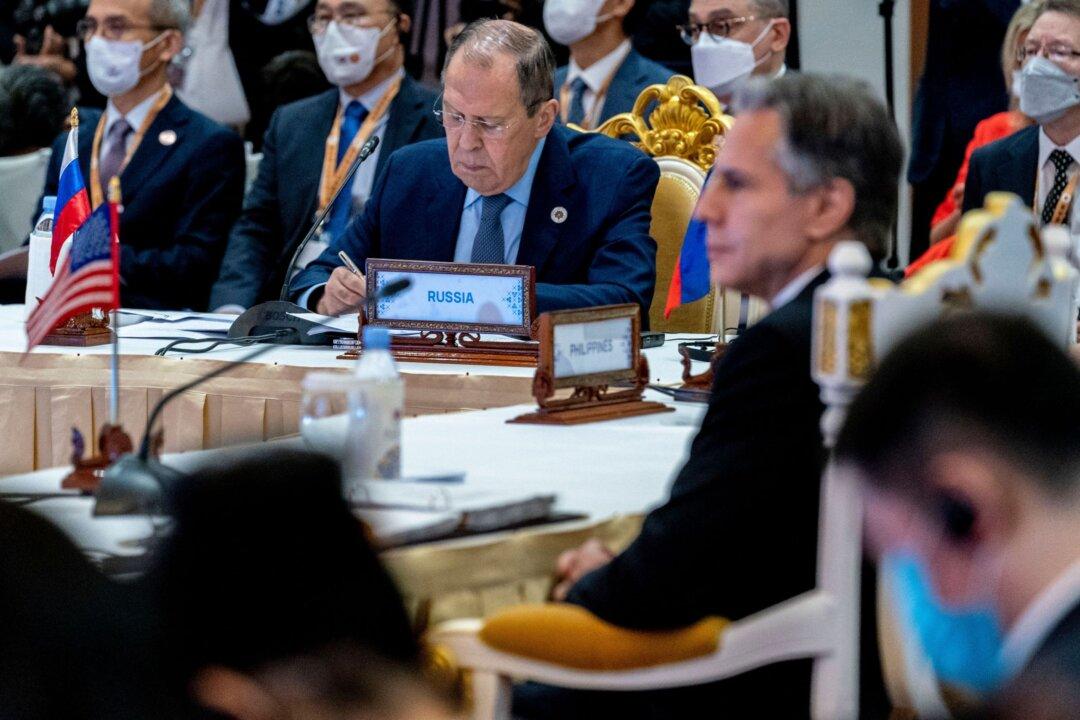The East Asia Summit in Cambodia concluded without a joint statement on Sunday, as Russia and the United States were unable to agree on the language of the statement, Bloomberg reported.
The summit, held concurrently with the Association of Southeast Asian Nations (ASEAN) summit in Cambodia, gathered leaders from ASEAN and the United States, China, Russia, India, Japan, Australia, South Korea, and New Zealand.





